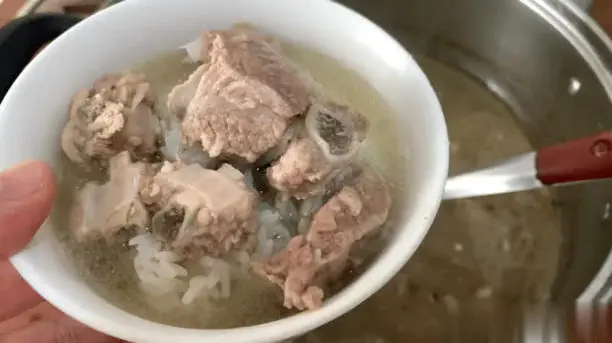
Simple tips to deal with clogged pipes at home

Clogged pipes are one of the most frequent and frustrating problems faced by homeowners. When your pipes get blocked, water drains slowly or not at all, which can disrupt your daily routines and create unpleasant odors in your home. Although many people immediately call a plumber to resolve the issue, this often comes with a high cost. The good news is that there are several simple and effective ways you can try to fix clogged pipes yourself at home, without spending a fortune on professional help. Below are some practical tips and techniques that anyone can follow.
1. Boiling Water – The Easiest First Step to Clear Light Clogs
One of the simplest and safest methods to clear minor blockages is to use boiling water. Grease, soap scum, and food residues tend to accumulate inside pipes, causing slow drainage. Pouring boiling water down the drain helps to melt and loosen these deposits. To try this method:
-
Boil a kettle or pot of water.
-
Slowly pour the boiling water directly into the clogged drain.
-
Let it sit for a few minutes to soften the blockage.
-
Flush the drain with cold water to help clear out loosened debris.
This method works best for clogs caused by grease or small debris and is a great preventive measure to use regularly.
2. Baking Soda and Vinegar – A Natural and Eco-Friendly Solution
The baking soda and vinegar method is a classic and environmentally friendly way to deal with clogged pipes. It’s non-toxic and safe for most plumbing systems. Here’s how to do it:
-
Pour about one cup of baking soda into the drain.
-
Follow immediately with one cup of white vinegar.
-
You’ll notice fizzing and bubbling as the two react chemically.
-
Allow this reaction to work for 15 to 30 minutes.
-
Rinse the drain with hot water to clear away loosened grime.
This mixture helps break down grease, mold, and other residues clogging your pipes. It’s best to repeat this treatment once or twice a week to keep your drains clean and clog-free.
3. Wire Coat Hanger – A Simple Tool to Remove Physical Blockages
If you suspect your clog is caused by hair, string, or solid debris, a wire coat hanger can be surprisingly effective. Here’s what to do:
-
Straighten out a wire coat hanger.
-
Bend one end into a small hook.
-
Carefully insert the hooked end into the drain opening.
-
Gently fish out hair, dirt, and other materials blocking the pipe.
-
Dispose of the debris properly.
This method is especially useful for bathroom sinks and showers where hair is the most common culprit.
4. Use a Drain Snake (Auger) – For Tougher, Deeper Clogs
A drain snake, also known as a plumbing auger, is a flexible tool designed specifically to tackle tough clogs deep within your pipes. You can purchase one at most hardware stores. To use a drain snake:
-
Insert the snake into the clogged drain.
-
Twist and push the snake to break up or hook the blockage.
-
Slowly pull out the debris or continue pushing it through the pipe.
-
Flush the drain with hot water afterward.
Drain snakes work well for thick clogs made of hair, grease, or other stubborn substances.
5. Plunger – A Quick Solution for Minor Blockages
A plunger isn’t just for toilets! It can also be effective on kitchen or bathroom sink drains:
-
Place the plunger over the drain opening to create a tight seal.
-
Pump the plunger up and down vigorously.
-
The suction created helps to loosen and push the clog away.
-
Repeat several times until water drains normally.
This is a quick and easy fix for minor clogs and helps avoid using harsh chemicals.
Important Precautions and Tips for Maintaining Clear Pipes
-
Avoid Using Harsh Chemical Drain Cleaners: While convenient, many chemical drain cleaners contain strong acids or bases that can damage your pipes and harm your skin or respiratory system. Natural methods are safer and more sustainable.
-
Prevent Clogs by Proper Disposal: Avoid pouring grease, oil, coffee grounds, and large food particles down the drain. These materials are common causes of blockages.
-
Regular Maintenance: Regularly use the baking soda and vinegar method or boiling water to keep pipes clean.
-
Know When to Call a Professional: If you’ve tried home remedies and the clog persists, or if you notice multiple drains blocked, foul smells, or slow draining throughout your home, it’s best to call a licensed plumber. Professional tools and expertise may be necessary to prevent further da.mage.
-
Keep Your Plumbing in Good Condition: Avoid flushing inappropriate items down the toilet or drains (like wipes, sanitary products, or large debris), as these can cause serious blockages.
By applying these simple, cost-effective methods, you can save money on repair bills and keep your plumbing running smoothly. Fixing clogged pipes at home is easier than you might think - try these techniques and enjoy hassle-free drainage once again!
News in the same category

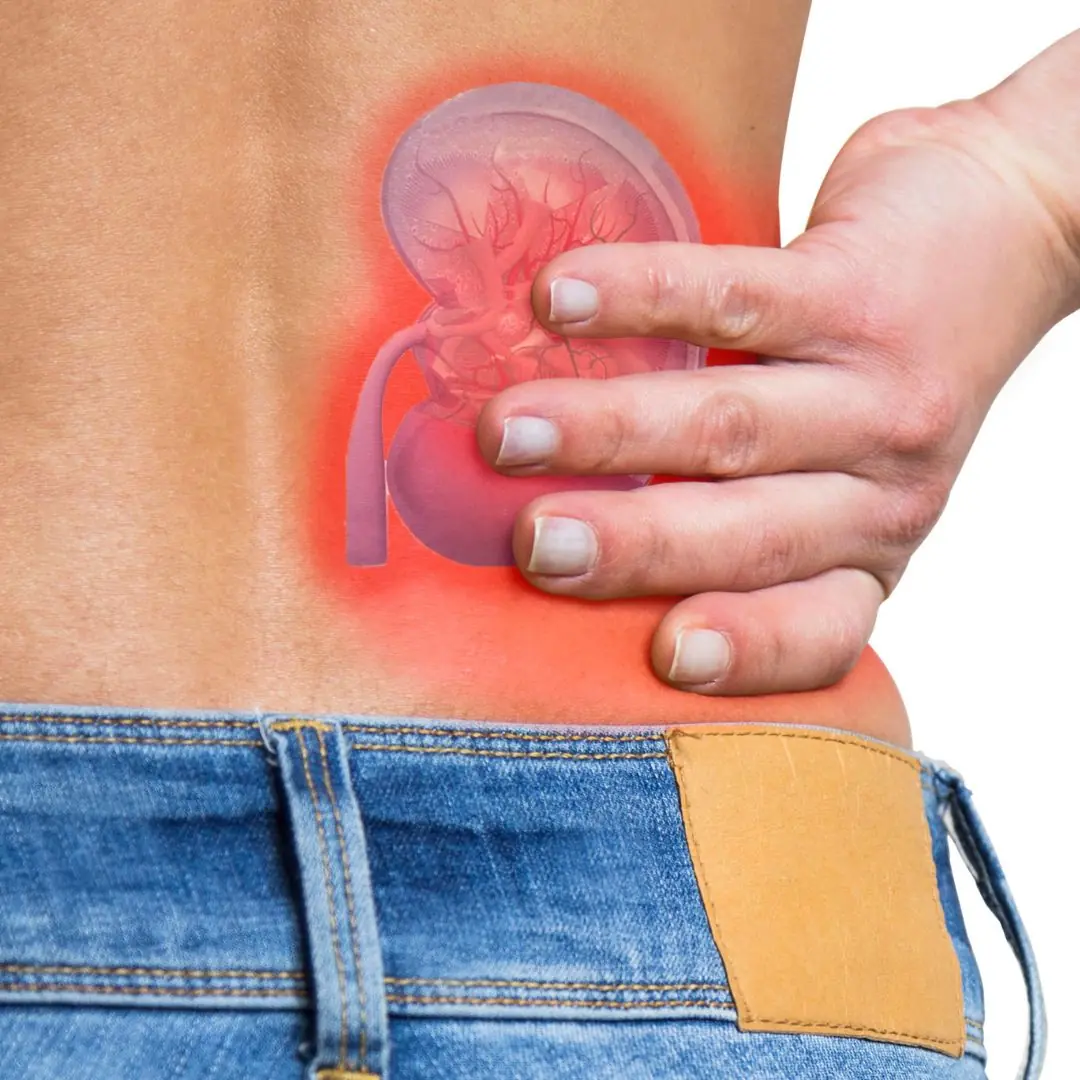
4 Healing Drinks to Prevent and Dissolve Kidney Stones

Top vegetable to help reduce visceral fat extremely effectively, nutritionist reveals 4 more easy ways to lose weight
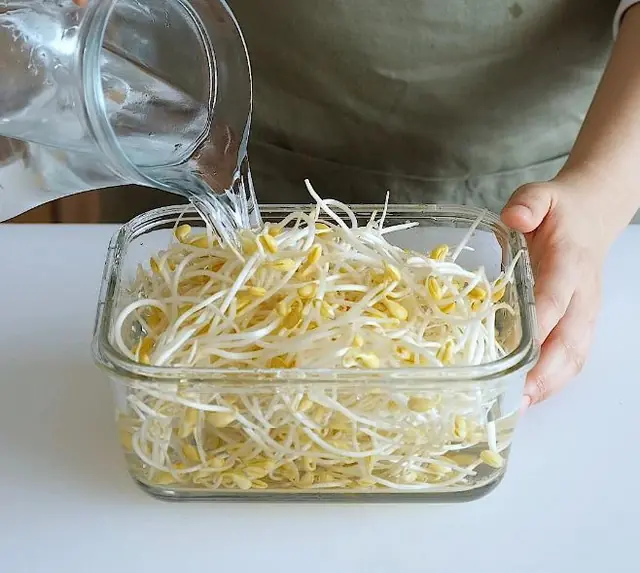
3 Common Yet Har.mful Ways People Store Bean Sprouts — Convenient but Nutrient-Depleting and Risky to Health
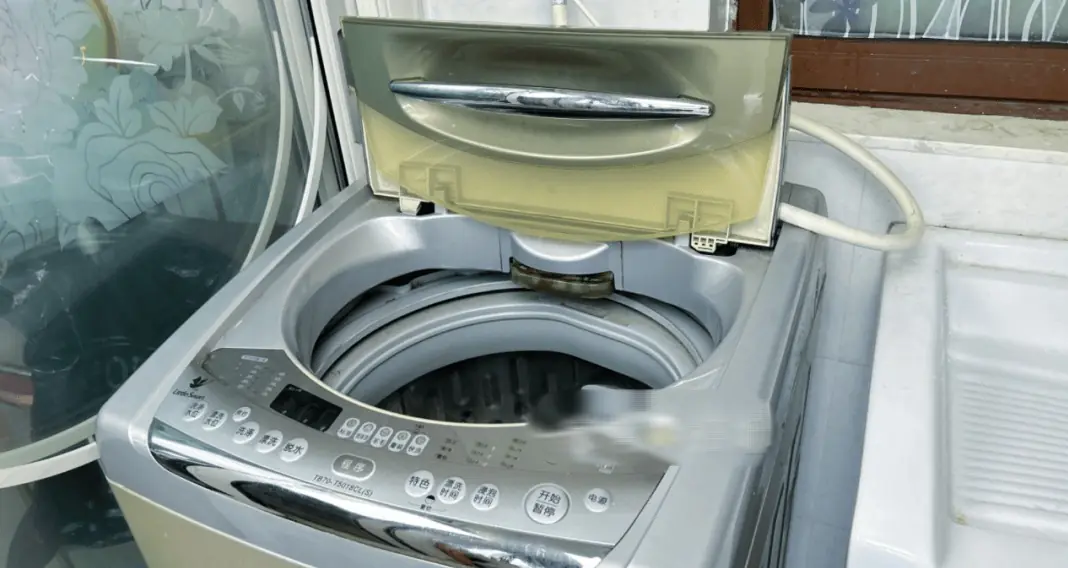
2 Hidden Spots in Your Washing Machine That Make Clothes Dirtier

Summer, how to choose the right naturally sweet ripe watermelon: No need to type, just look at one spot and you'll know right away
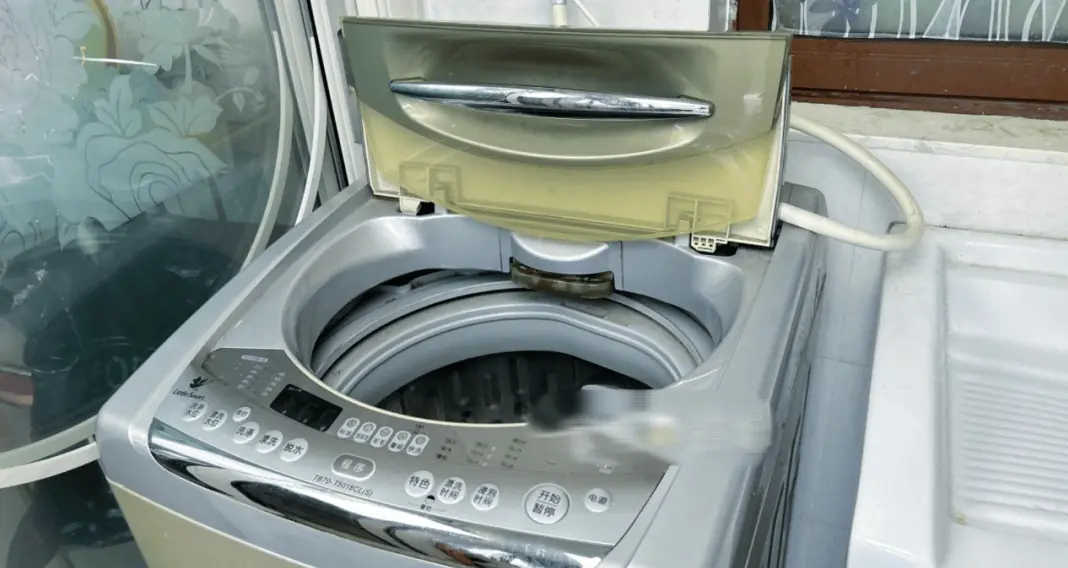
2 "hidden corners" of the washing machine that make clothes dirtier the more you wash them, 90% of people don't know

These 5 plants are the "nemesis" of formaldehyde: Swallow fine dust, purify air very well

8 habits to keep your kidneys healthy
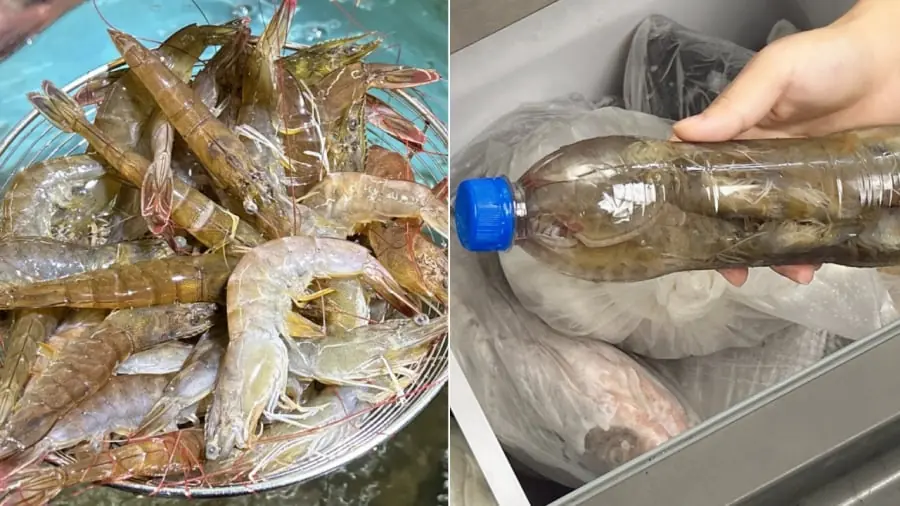
3 Smart Tips to Keep Shrimp Fresh for a Year—Still Firm, Sweet, and Delicious
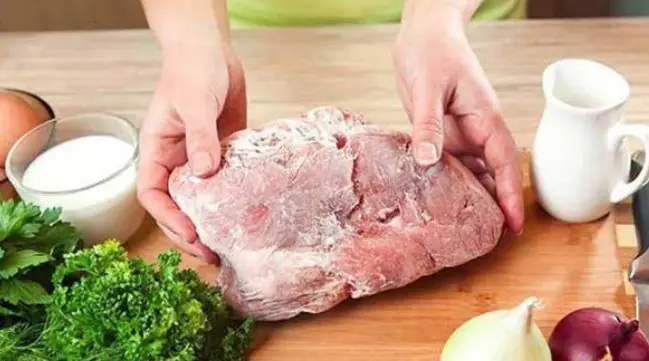
4 taboos when defrosting food, know and avoid "inviting disaster"

How harmful is cooking oil for pets when used in food processing?
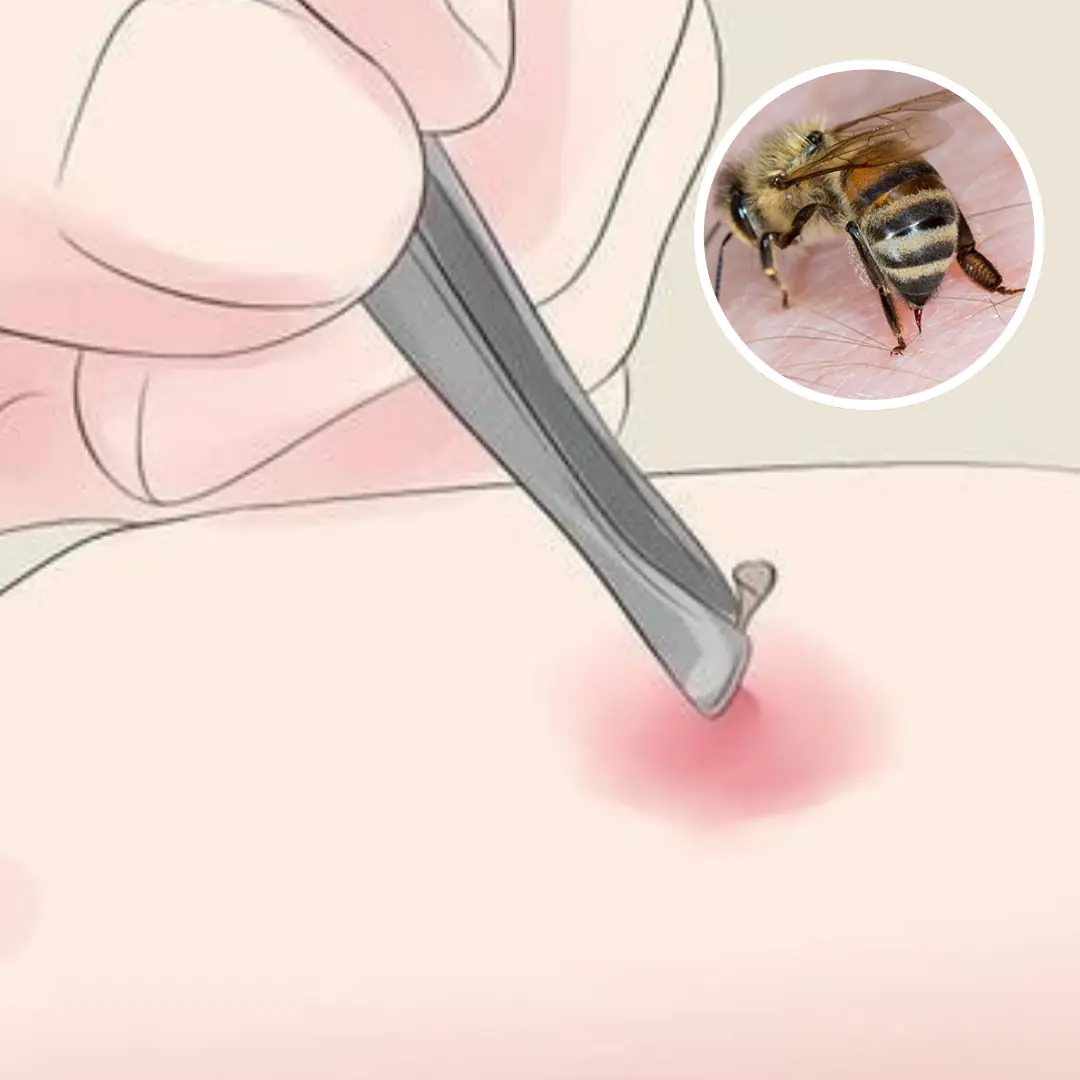
Is bee sting da.ng.erous and what is first aid?
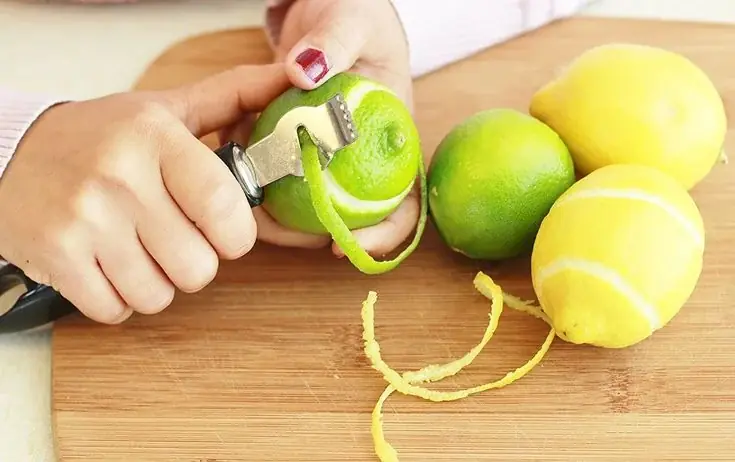
Don’t Throw Away Lemon Peels
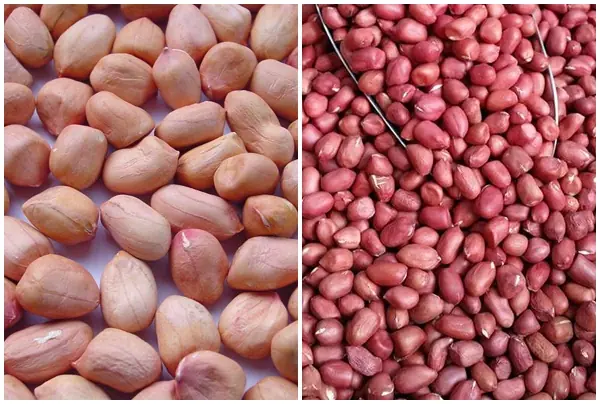
The difference between red peanuts and white peanuts
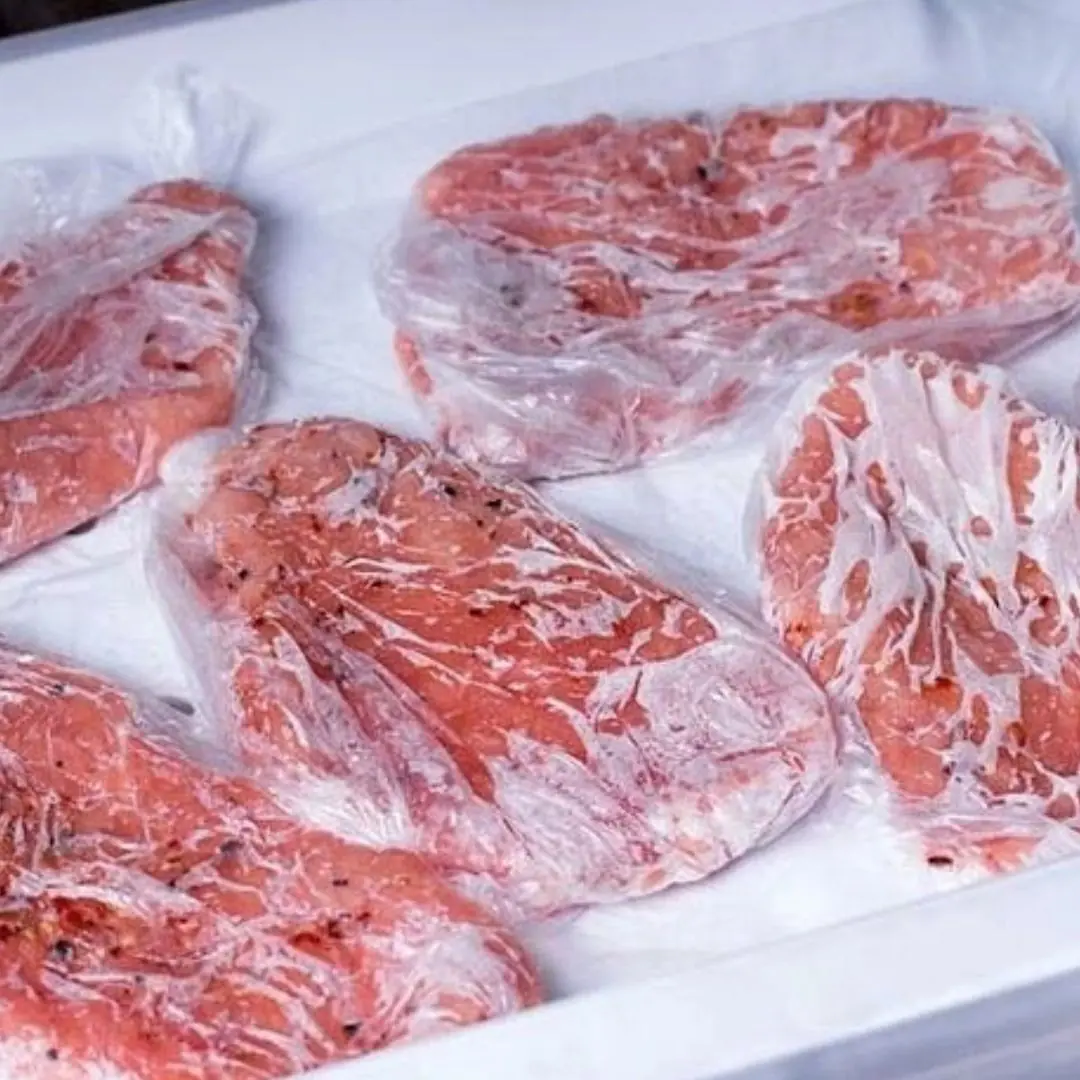
We have a habit of freezing meat and fish to eat gradually, so how long can frozen food be used to ensure safety and quality?
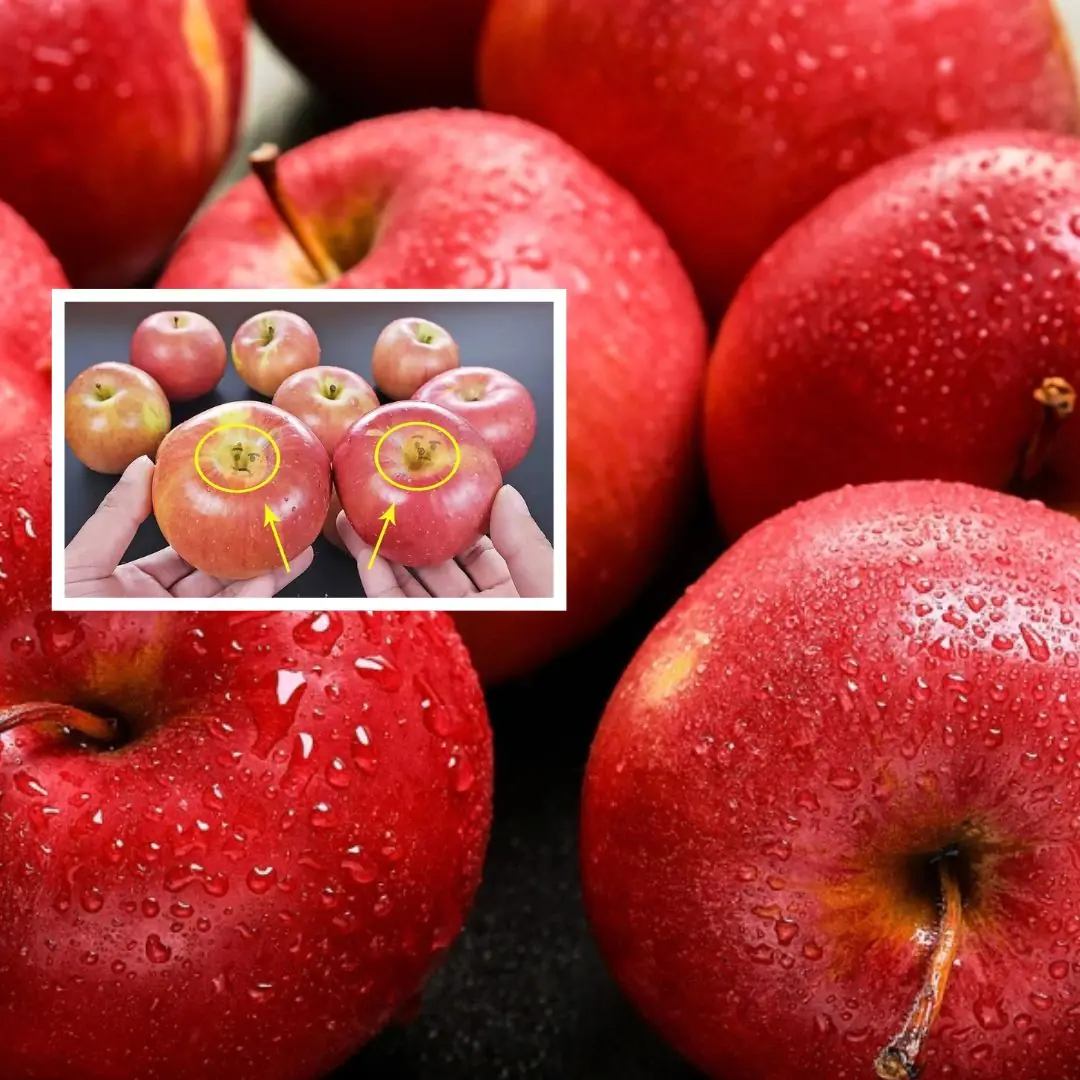
Want crisp, juicy, and delicious apples?

Ways to Maximize the Health Benefits of Cinnamon
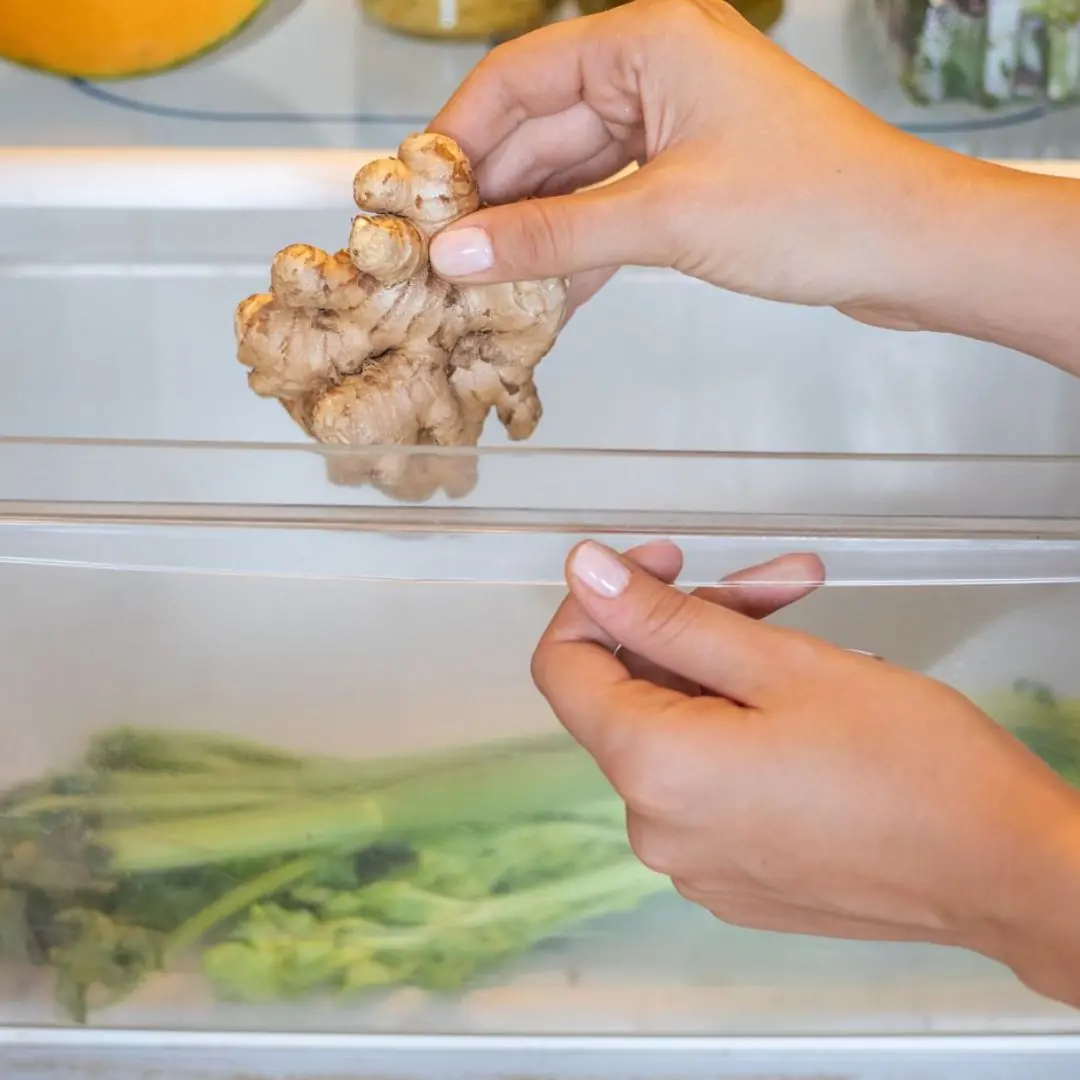
With just a few simple tips below, you can keep ginger fresh for up to 6 months, without refrigeration, without taking much time.
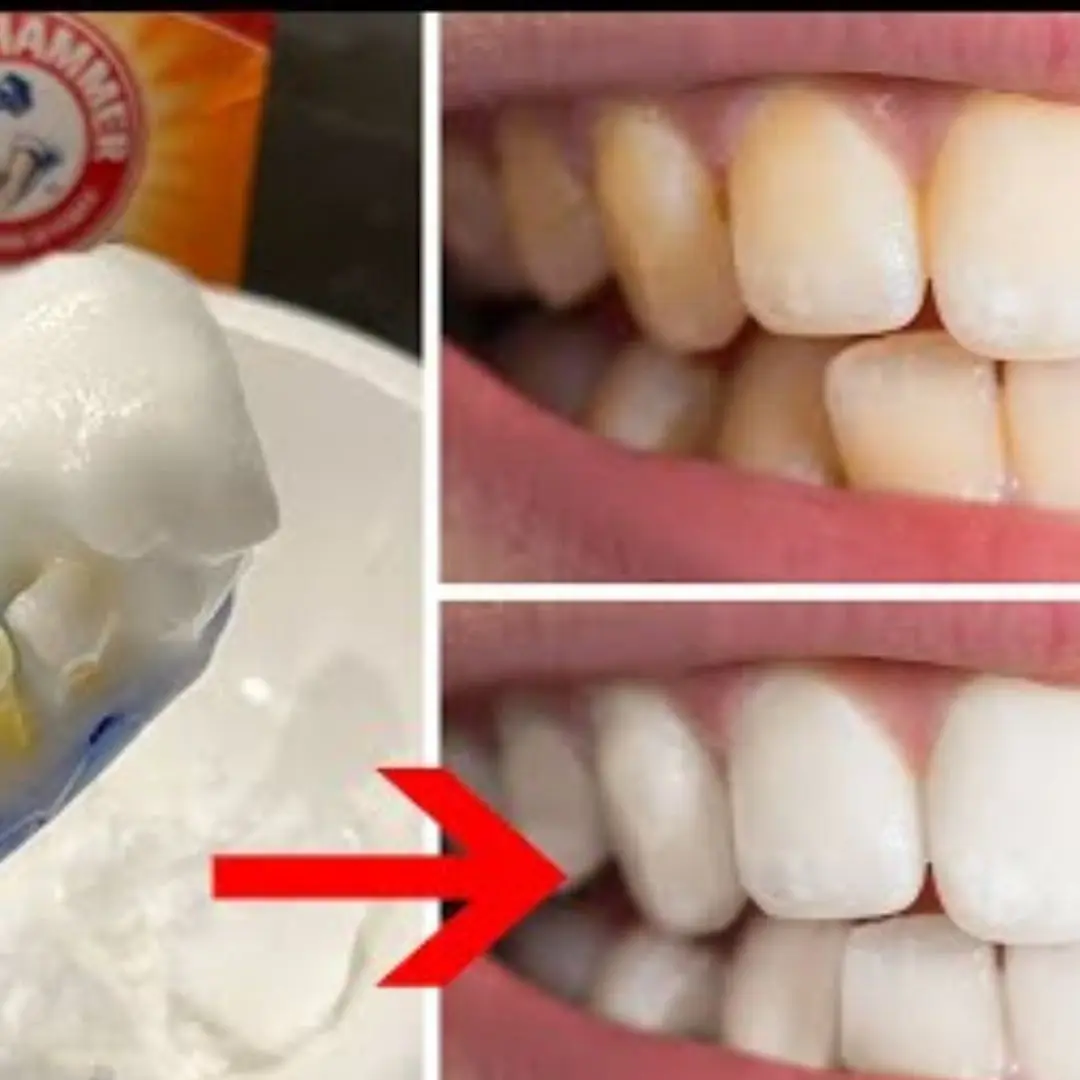
9 Natural Remedies For Teeth Whitening
News Post

The Most Nutritious Part of the Chicken—“Pricier than Gold” Yet Often Thrown Away by Home Cooks
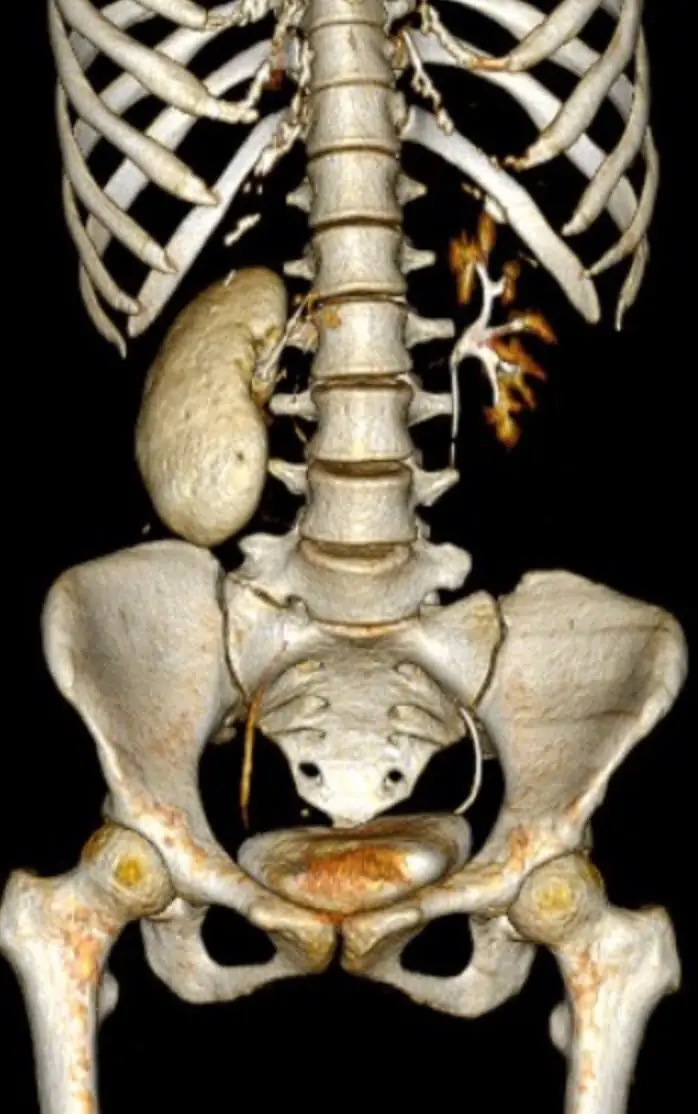
Doctor Urges 4 Actions to Protect Your Body’s "Blo.od Filter"
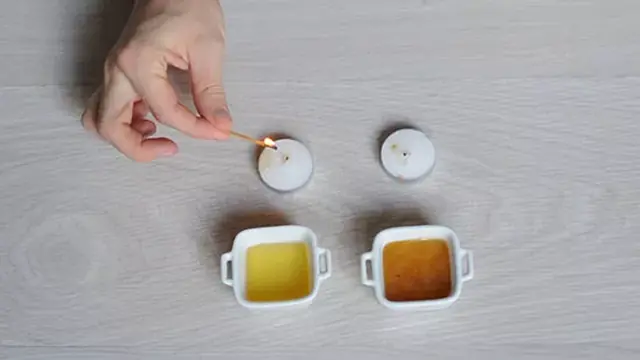
6 Smart Tips for Choosing Quality Honey Sellers Don’t Want You to Know

Can overly hot baths harm your heart and circulation?

7 signs of brain c.a.ncer that are easily confused with other diseases

4 Things to Avoid After 5 PM to Lower Your Risk of Stro.ke

Doctors Warn: This Common Way of Eating Boiled Eggs Can Clog Your Arteries

Blanch Bones First or Simmer Directly?
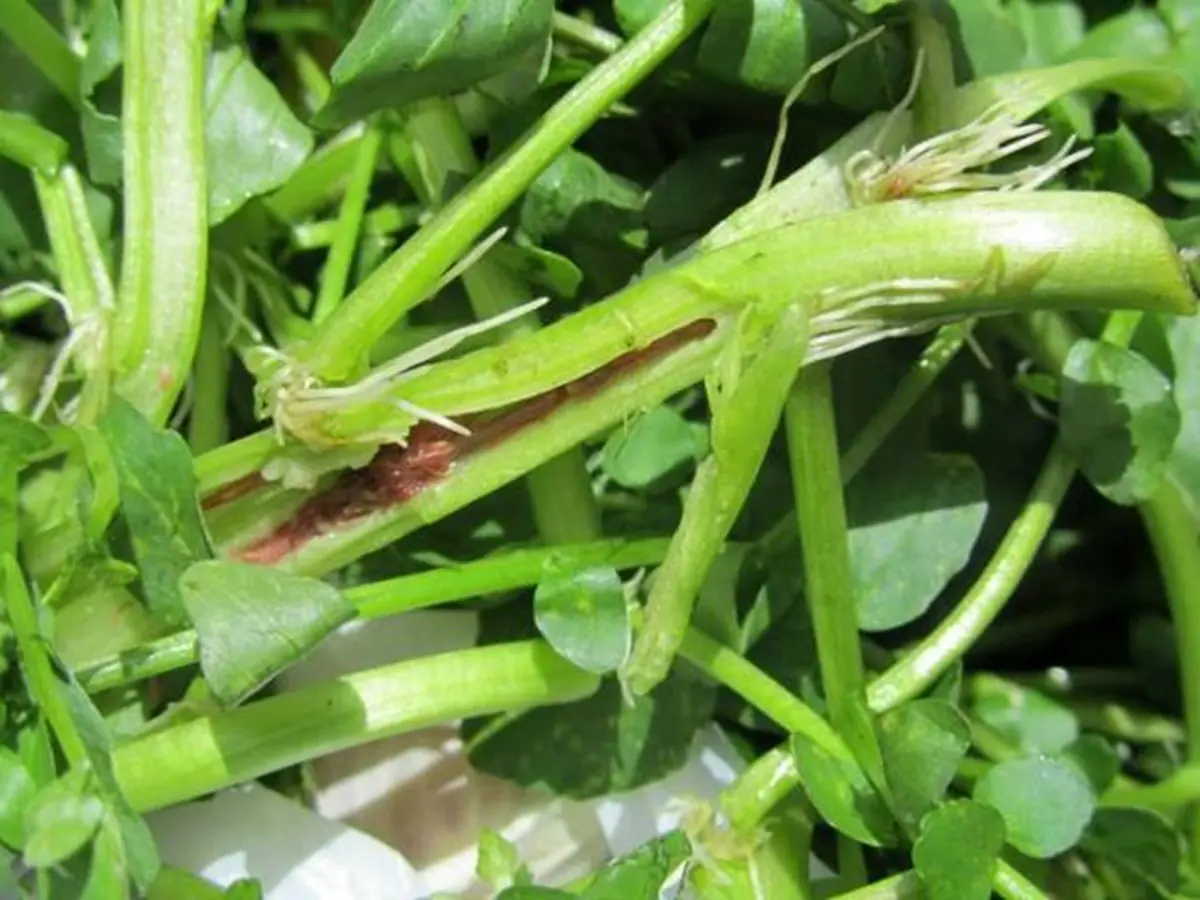
2 Common Vegetables That Can Harbor Parasites

The 'Vitamin C King' of the Vegetable World

Avoid Swimming If You Spot 'Square Waves'
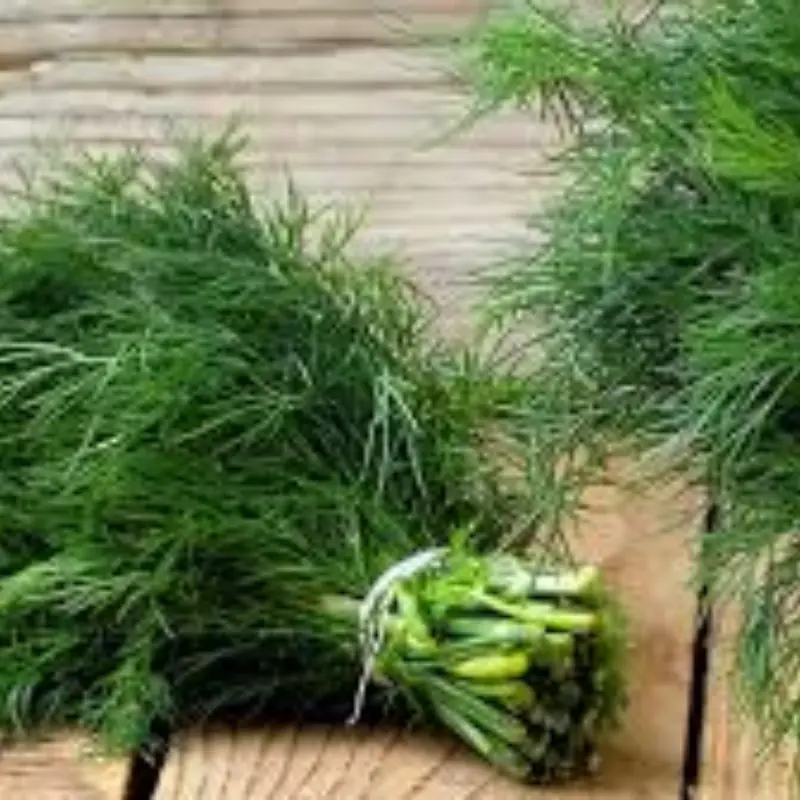
3 Green Vegetables Called the “King” of Sto.mach Protection
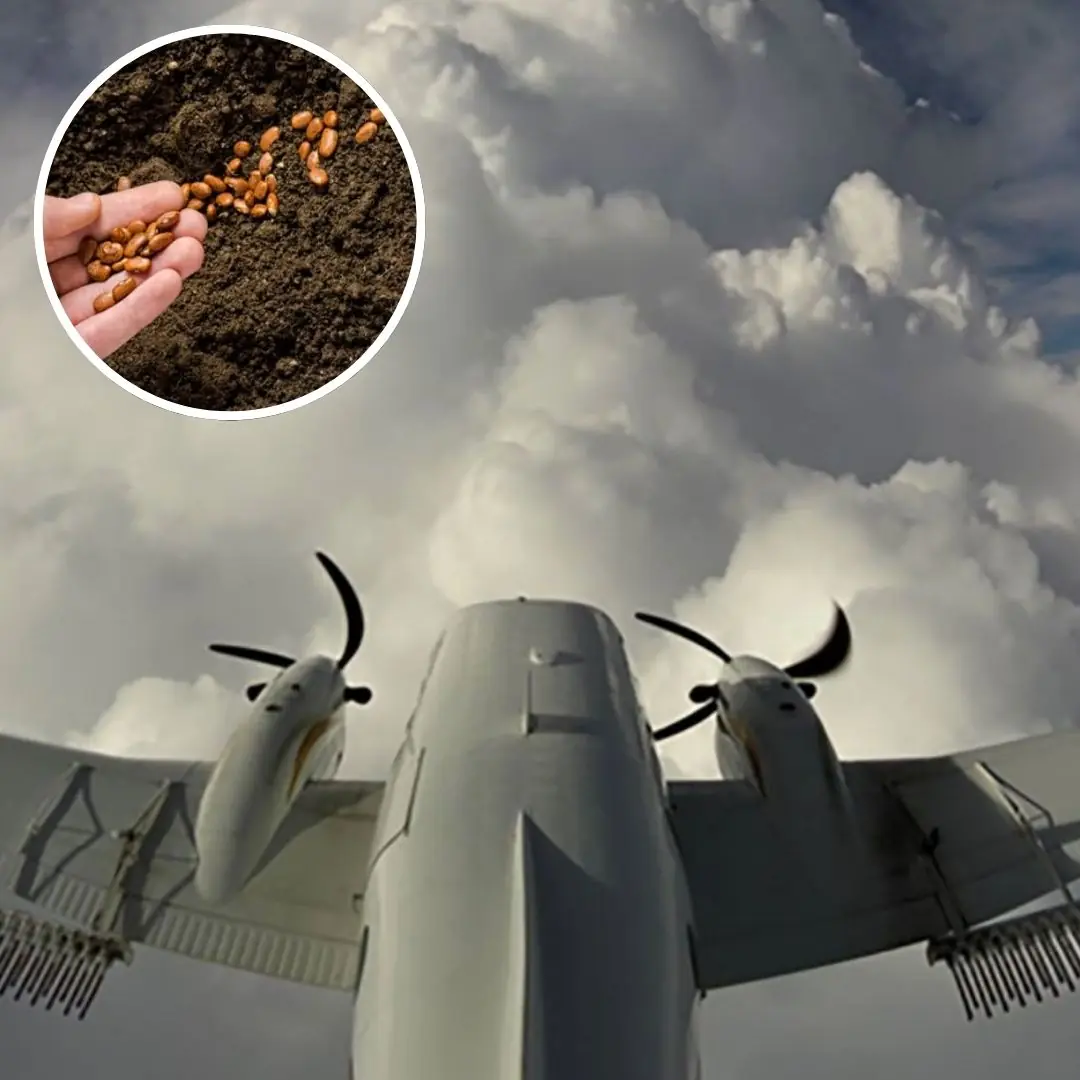
Why You Should Not Bring Seeds on a Plane: A Detailed Explanation
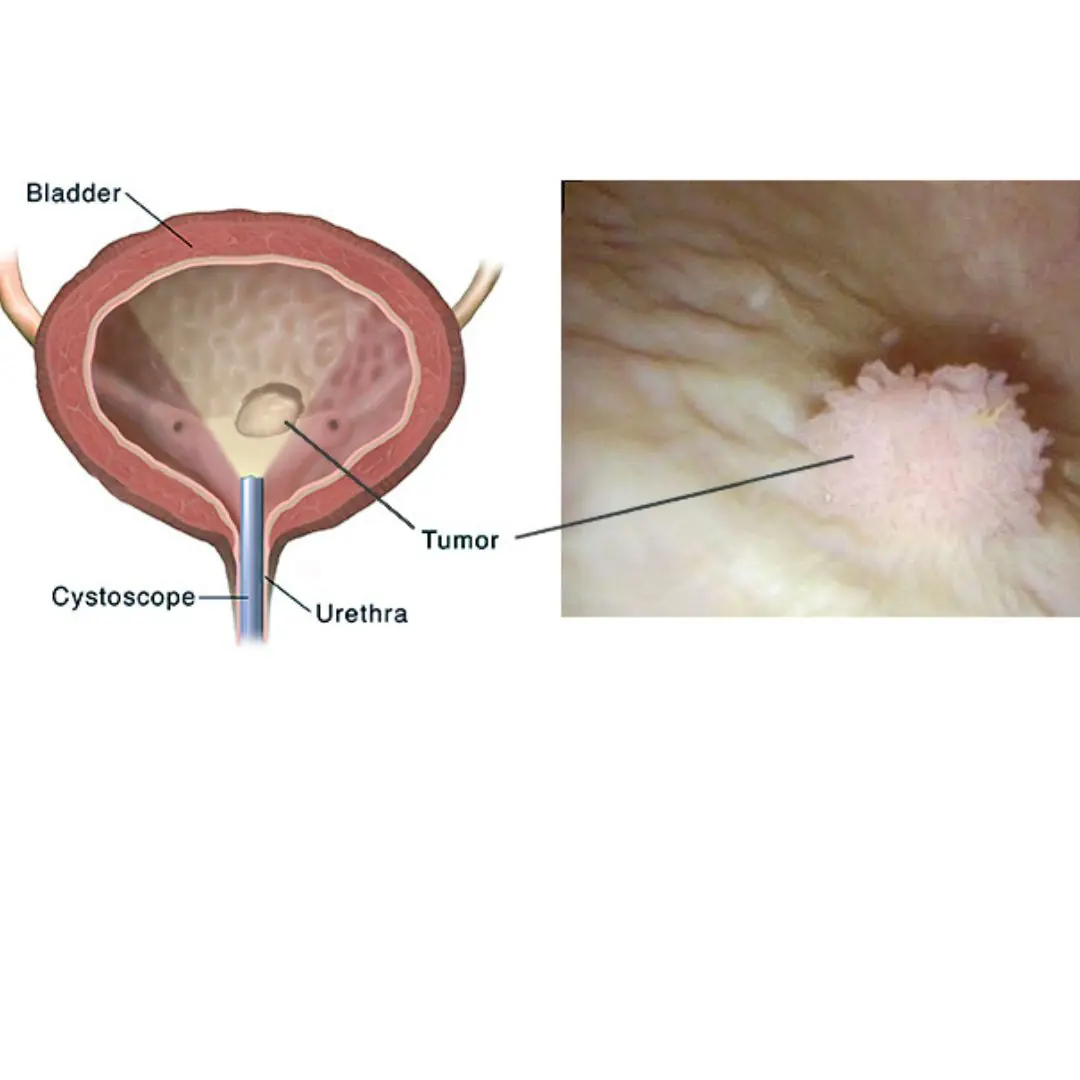
Bladder Ca.ncer: Symptoms You Shouldn’t Ignore

4 Healing Drinks to Prevent and Dissolve Kidney Stones

10 Powerful Reasons a Simple Smile Can Change Your Life

The Surprising Benefits of Donating Bl.o.od

5 types of vegetables and fruits help cool the liver and effectively lower liver enzymes

Top vegetable to help reduce visceral fat extremely effectively, nutritionist reveals 4 more easy ways to lose weight
